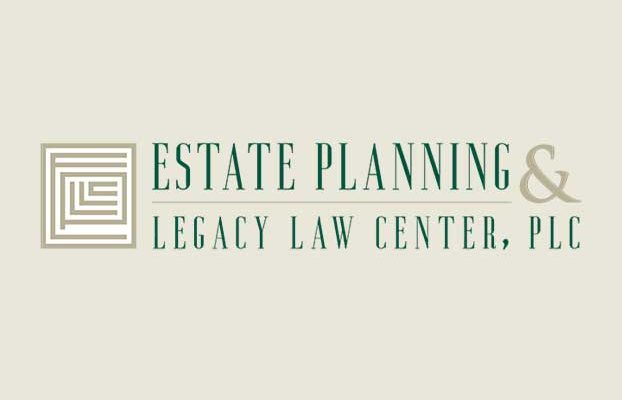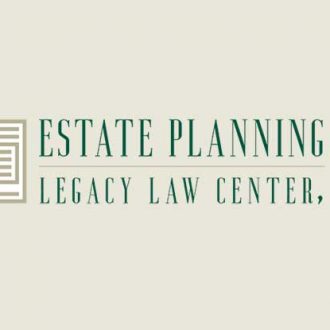
David Cutner, partner at Lamson & Cutner, attorneys for the elderly and disabled offered the following tips for both estate planning and long-term care for boomers.
A recent Fox Business article reported that the majority of seniors are completely in the dark on one of the biggest financial risks they are facing. The article, titled "Estate Planning Mistakes Every Boomer Should Avoid," sheds some light on the catastrophic costs of long-term care.
According to the U.S. Department of Health, 70% of the U.S. population over age 65 will require long-term care, and over 40% will need nursing home care for some period of time. Most people do not have insurance coverage for this risk and believe inaccurately that Medicare covers their long-term care. That is just not the case, and without planning, if care is needed, life savings are quickly wiped out. Fortunately, there are solutions that will protect an individual's assets and income, and at the same allow access to Medicaid benefits. An experienced elder law attorney will have the knowledge and background to provide you with needed advice and the skills to design a strategy that will achieve your goals. A well-drafted estate plan is a wise investment to ensure that your assets are passed to your beneficiaries efficiently—in a manner that avoids conflicts among your heirs and that minimizes costs.
The original article reminds us that an estate plan should take into account the financial risks of health care that may be needed, especially long-term care. If not, you could end up with no assets in the estate, and your fantastic estate plan will be worthless.
Here are some of the most common long-term care mistakes:
1) Tying up your money in long-term investments with no liquidity or with a penalty to get to your money.
2) Not ensuring the adequacy of long-term care insurance benefits, that you have an inflation rider, and that you can afford the premiums.
3) Make sure that you have proper and adequate advance directives in place (Power of Attorney and a Health Care Proxy). Do not just use standard forms from the Internet.
4) Mismanagement of your real estate.
5) Not taking advantage of penalty-free transfers when applying for government benefits like Medicaid, and mistakenly spending down on private pay home or nursing home care.
6) Staying in an investment instead of diversifying because you do not want to pay capital gains taxes. A good investment strategy should look at the risk of staying in one or two investments that could lose value, especially if you may need funds for your long-term care needs.
Read more in the original article, including the biggest estate planning mistakes. This should get you thinking about your plan and how to you can avoid these mistakes. The way to start is to speak with an experienced estate planning attorney.
Please visit our Estate Planning website for more information on Estate Planning Blunders

